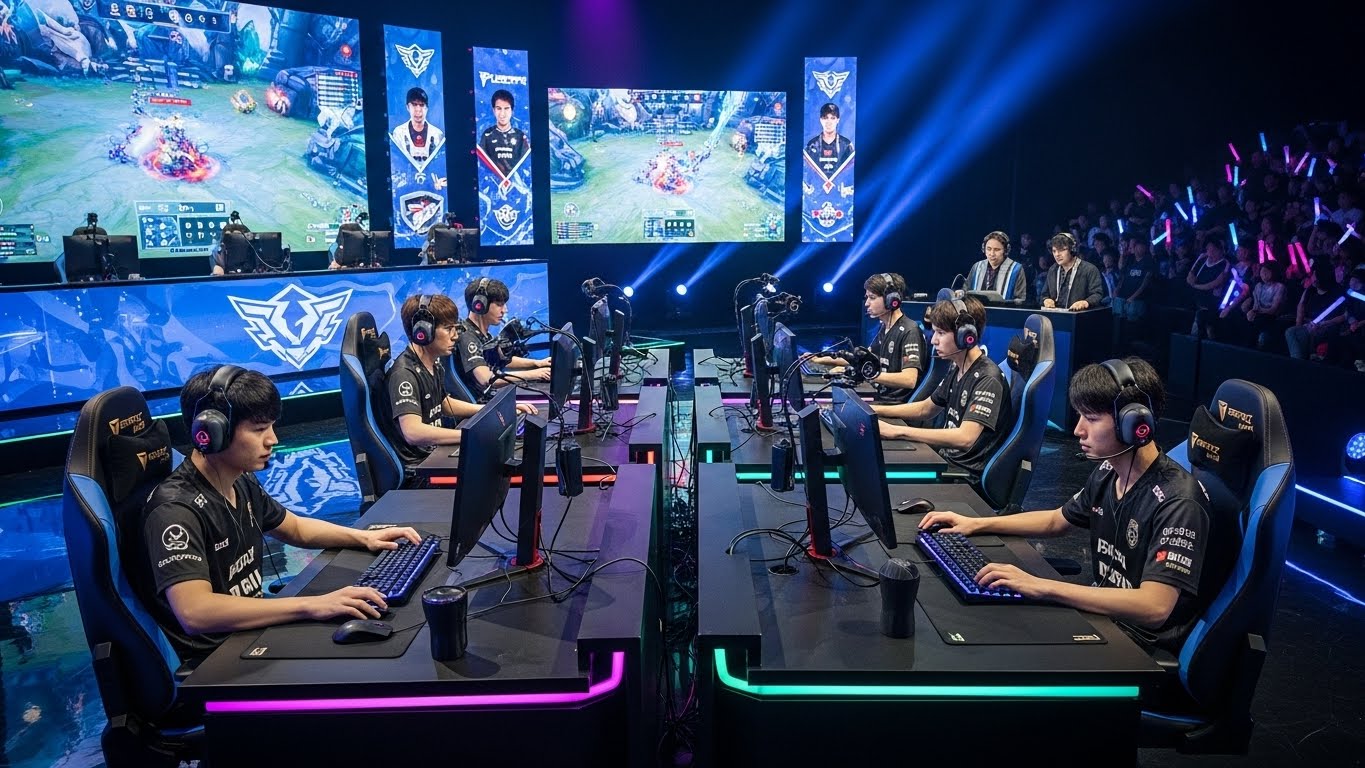Introduction
eSports has emerged as one of the fastest-growing forms of entertainment in the digital age. What started as casual video gaming competitions has now transformed into a professional and global industry. With millions of players and viewers worldwide, eSports is redefining how we perceive competition, teamwork, and digital interaction. It is no longer just a hobby—it is a platform for skill, strategy, and career opportunities.
The Rise of eSports
eSports began with small tournaments in the 1980s and 1990s, primarily focused on arcade and PC games. The growth of the internet allowed players to compete online, connecting individuals across continents. Today, eSports includes a wide range of games such as strategy, first-person shooters, multiplayer online battle arenas, and sports simulations. Major tournaments attract massive audiences, offering prize pools that rival traditional sports events.
Professional Gaming as a Career
Competitive gaming has evolved into a serious profession. Professional players earn income through tournament winnings, sponsorship deals, and live streaming. Teams function like traditional sports organizations, with coaches, analysts, and support staff ensuring players perform at their best. The level of dedication, discipline, and practice required demonstrates that eSports demands as much commitment as any other professional sport.
Technology Behind eSports
Technology is the foundation of eSports. High-speed internet, advanced gaming hardware, and streaming platforms enable global competition. Spectators can watch live matches, follow player strategies, and engage with communities in real-time. High-quality graphics, immersive sound, and interactive gameplay make eSports an engaging experience for both players and viewers.
Community and Social Interaction
eSports is more than competition; it creates strong social connections. Online communities allow players and fans to share tips, discuss strategies, and celebrate achievements. Streaming platforms and forums connect millions of enthusiasts, fostering collaboration, mentorship, and friendship. eSports has created a culture where players and fans interact, support each other, and form global communities.
Skills and Benefits of eSports
Playing eSports helps develop important skills. Strategy games improve critical thinking and planning, while fast-paced games enhance reflexes and focus. Team-based games teach communication, leadership, and collaboration. Beyond entertainment, eSports encourages discipline, problem-solving, and resilience, making it both intellectually stimulating and socially rewarding.
The Future of eSports
The future of eSports looks promising. Emerging technologies like virtual reality, augmented reality, and artificial intelligence are set to make gaming experiences even more immersive. Educational institutions and organizations are recognizing eSports as a valuable tool for skill development and teamwork. With growing audiences and expanding professional opportunities, eSports will continue to thrive as a major part of digital entertainment.
Conclusion
eSports has transformed gaming into a competitive, professional, and social phenomenon. It combines skill, strategy, and technology while fostering global communities and career opportunities. As the industry continues to grow, eSports will remain a defining feature of modern entertainment, proving that competitive gaming is not just a pastime—it is a digital revolution that connects, challenges, and inspires players around the world.



